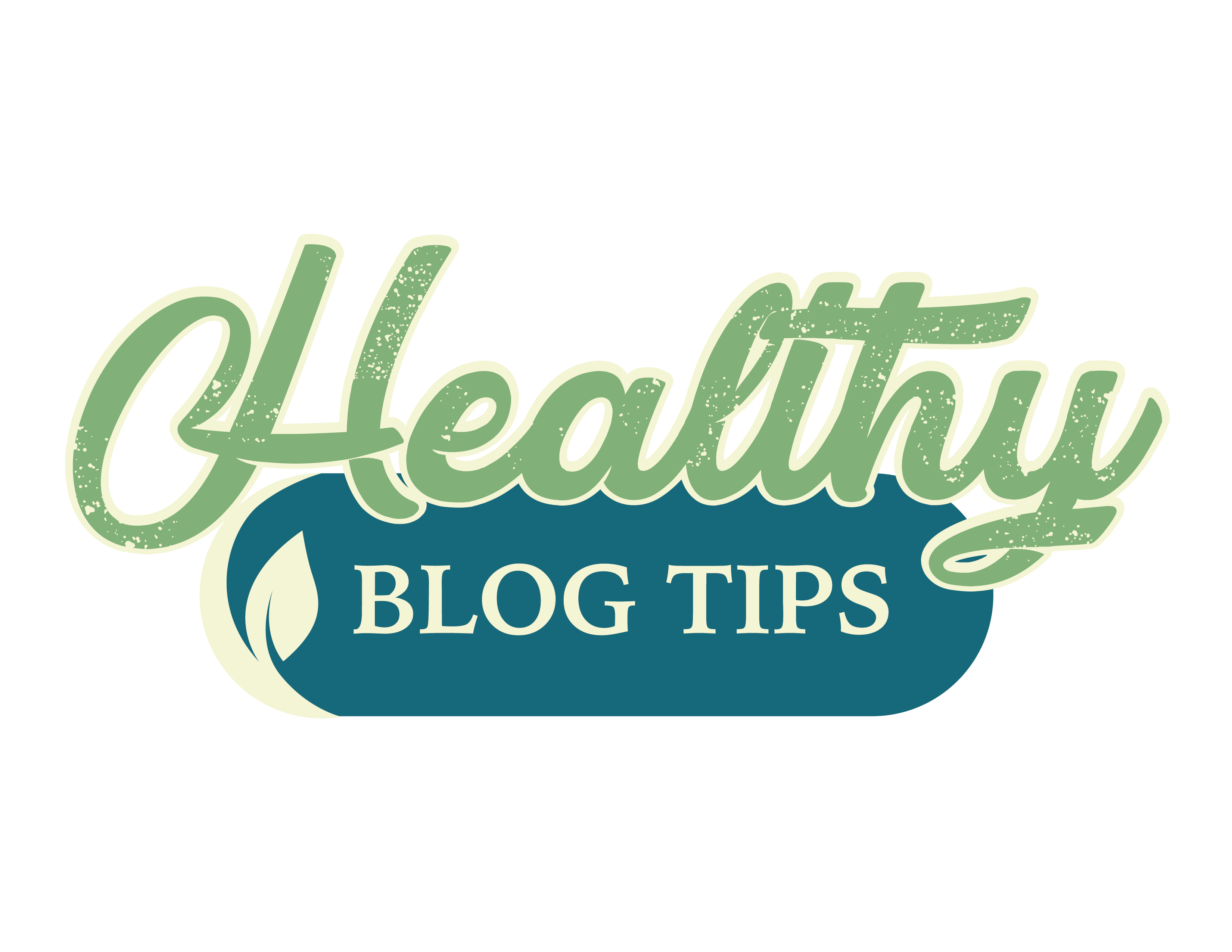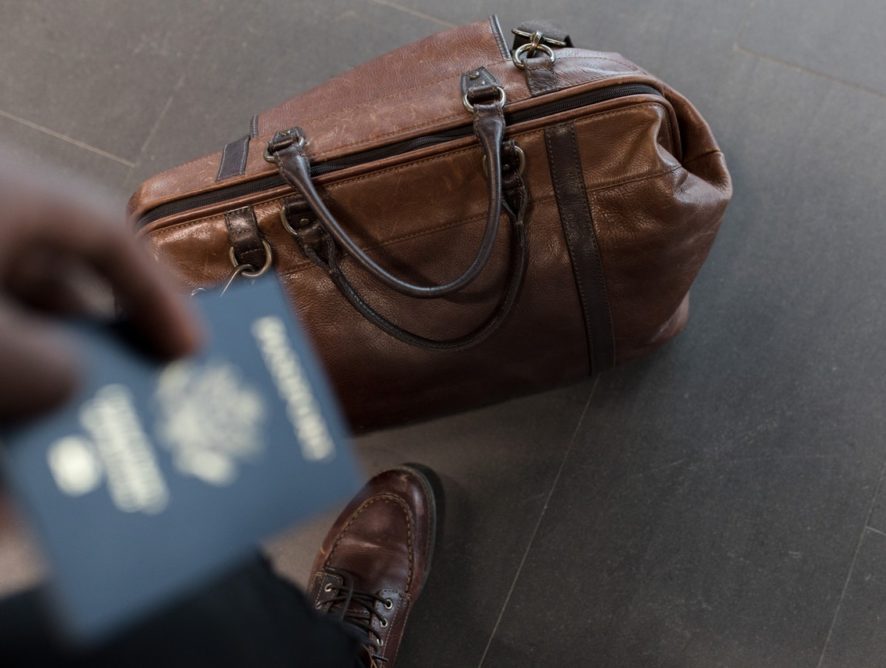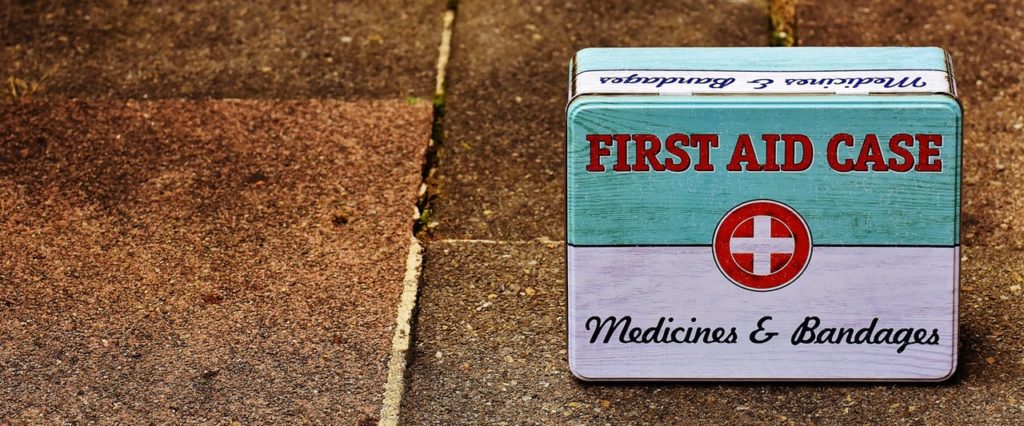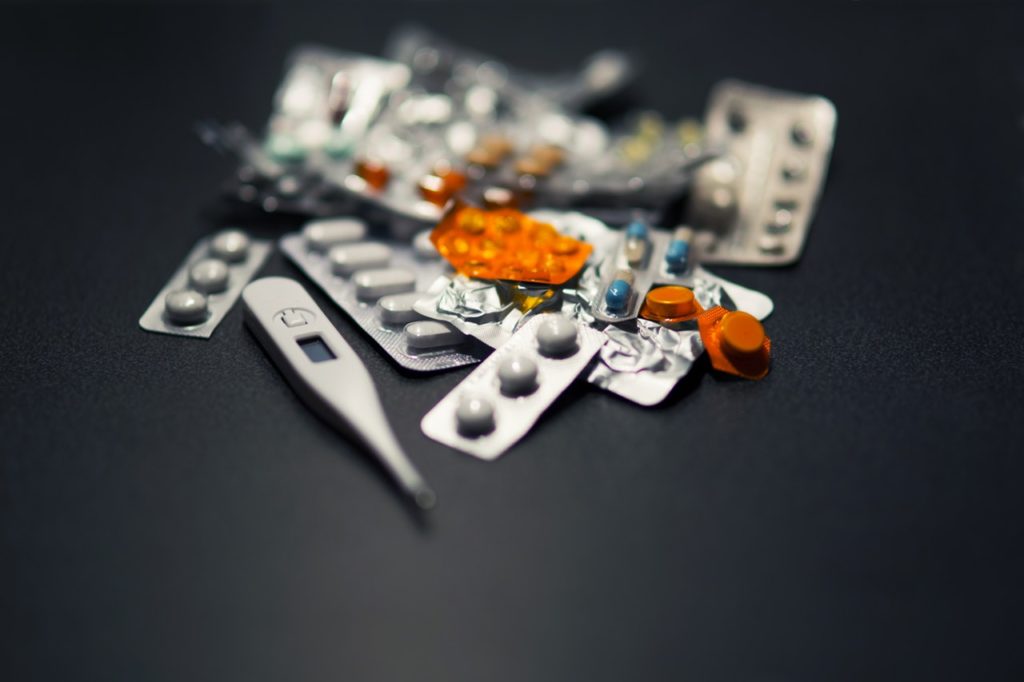Traveling is one of the best things you can do. It can change you inside and out, it can show you what a stunning place this entire world is, and it can really help you understand the beauty behind each culture.
Of course, traveling doesn’t come with just positive sides – and there are some things you might want to prepare for in advance. Sure, you don’t want to think the worst could happen – but it’s always best to be prepared and to prevent bad situations, rather than try to completely resolve them.
On this note, you should always have a mini first aid kit with you, regardless of where you are traveling. Accidents can happen, blisters from all the walking can happen, and headaches can happen – so why not be prepared to face these annoyances with your own first aid kit?
What are the absolute essentials that should go in this travel first aid kit? We have some tips for you – so read on and find out more.
Band Aids, crepe bandages, gauze, and surgical tape
If you get a small injury while traveling, these items will be a true life-saver. Band aids can be used for very small injuries, crepe bandages and surgical tape can be used for larger injuries, while gauze will help you in a variety of situations (e.g. you can use it to apply pressure to a wound). If you’re wondering what type of gauze is best to pack away while traveling, our advice is to buy the individually wrapped square shaped ones (they tend to be more practical in a variety of situations)
Basic medication
Of course, there might be pharmacies where you go – but it’s probably best to get your own medication from back home. Aside from ibuprofen which can be used to handle a wide range of pains, you might also want to pack loperamide-based tablets as well. These are used in case of diarrhea, but keep in mind you should only use them when you have a bus to catch or have to get on a plane. Other than that, this sickness should be treated by leaving everything run through your system and drinking plenty of water to replace the lost hydration in your body.
Creams
Antihistamine and antibacterial creams should also not miss from your first aid kit. The first can be used when you are bitten by insects of all kinds. In most cases, these situations are just plain and simply annoying, rather than actually dangerous – but an antihistamine cream can help you ease the irritation and the annoyance.
As for bacterial creams, they can be really good if you get a small injury – using this type of cream will help you keep bacteria away from you and keep your wound clean and safe.
Remember, plenty of things can go wrong while traveling – but this should never stop you from doing it! Take everything with a pinch of salt and use your common sense to avoid unnecessarily nasty situations and all will be fine!



